At its annual meeting, the American Academy of Otolaryngology-Head and Neck Surgery released its long-awaited multispecialty practice guidelines for treatment of adult rhinosinusitis.
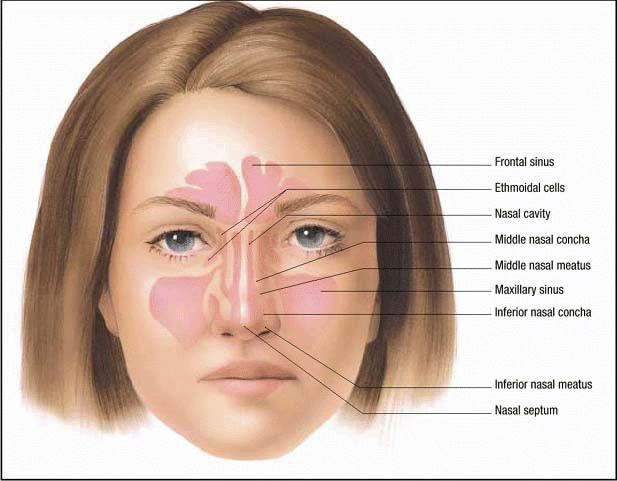

At its annual meeting, the American Academy of Otolaryngology-Head and Neck Surgery released its long-awaited multispecialty practice guidelines for treatment of adult rhinosinusitis.
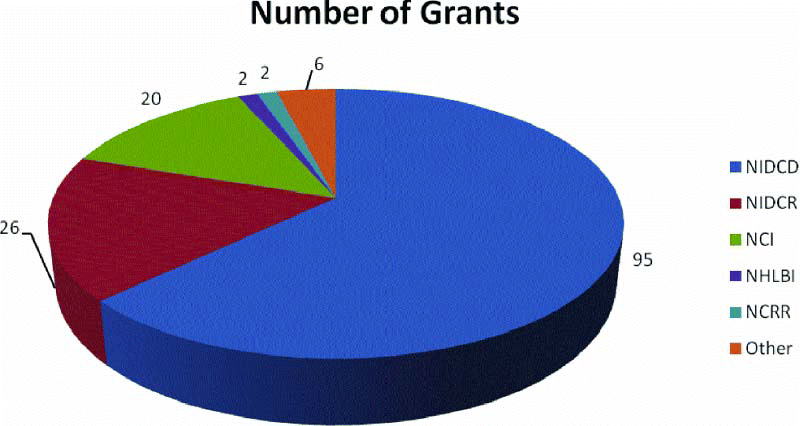
In the past, almost all support for otolaryngology research was provided through the National Institute on Deafness and other Communication Disorders (NIDCD) or its parent institute, the National Institute on Neurological Diseases and Stroke (NINDS).
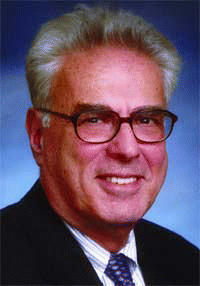
The publication of two Institute of Medicine (IOM) reports-To Err is Human: Building A Safer Health System in 1999 and Crossing the Quality Chasm: A New Health System for the 21st Century in 2001-served as a catalyst to increase awareness among health care professionals that the American health care system is beset by serious problems related to patient safety and medical errors.
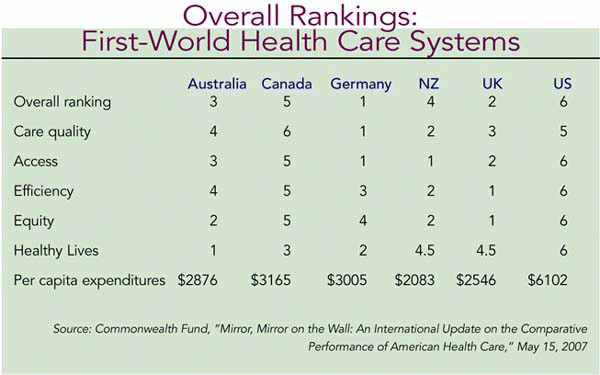
Executives, royalty, and even the indigent seeking the world’s best, most advanced medical care find it in the United States.
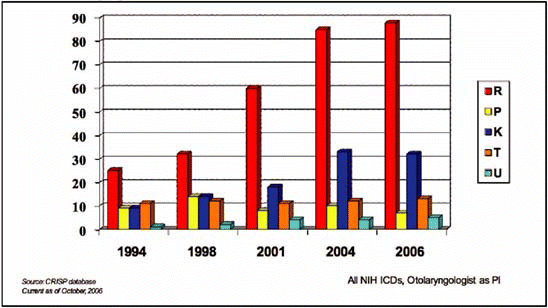
An important success story has been quietly taking place at the National Institutes of Health over the last decade, which bodes well for patient care, for science, and for the specialty.
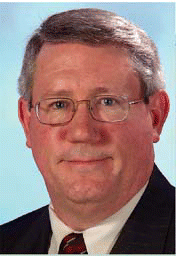
America’s health care safety net may be full of holes, but its doctors and hospitals are generously pitching in with charity care to fill some tears in that net.
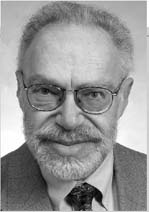
With the federal government shouldering 45% of health care costs through five huge entitlements (see ENToday, April 2007) and a large federal deficit, the chance of politicians enacting a new federal entitlement for universal health insurance coverage is as likely as their conducting a smear-free political campaign.
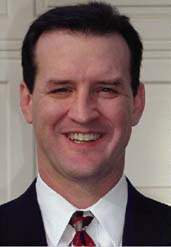
Just when I discovered the meaning of life, they changed it. George Carlin